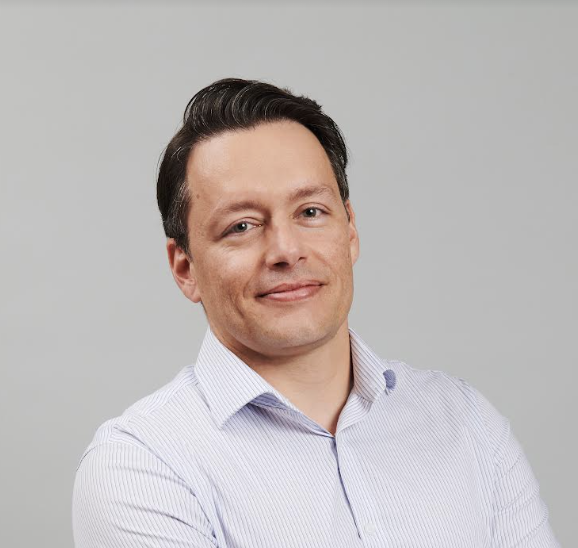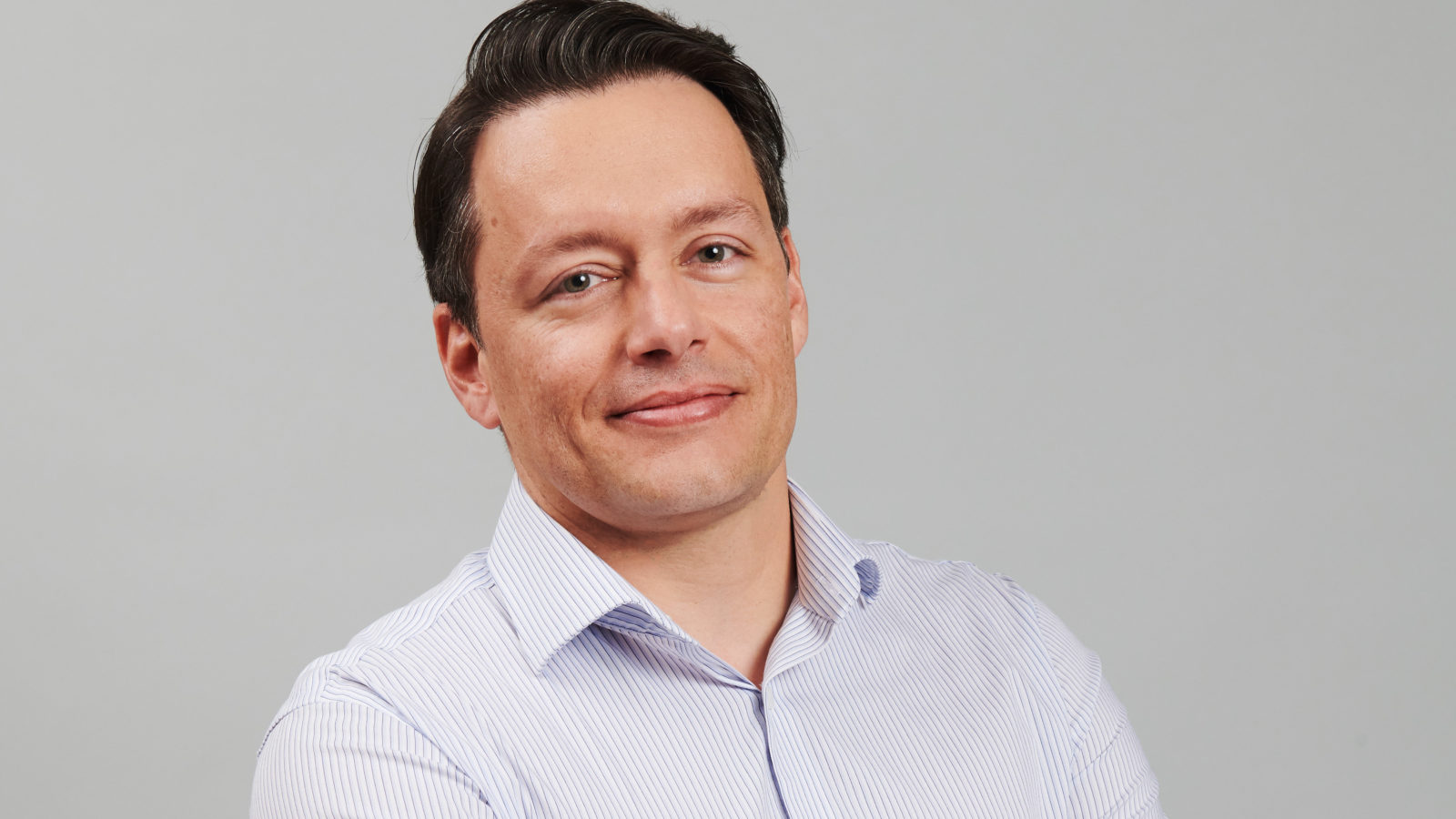Thrive Global: What advice would you give your younger self about reducing stress?
Cesar Carvalho: I would tell my younger self to focus on the few, big things that are within my ability to control. The world is full of opportunities, and even more distractions if you’re not careful. It all comes down to effective prioritization on the things I can control. Instead of trying to do everything, I would tell myself to focus instead on executing a few critical things extremely well.
I’d also add to invest more in my personal well-being, especially during stressful times. I would tell myself to be even more diligent with exercise, meditation and sleeping well. Personal well-being and professional productivity are not at odds with each other, they’re two sides of the same coin.
Finally, I’d tell myself to never again isolate myself from life, because work and life cannot be compartmentalized. Previously, I tried to strike that “perfect balance” between work and life, but found over time that this balance I’d been striving for doesn’t exist. The more I tried to weigh the two against each other, the more stressed I got and the more my work suffered. This reality is more apparent than ever, especially after the past two years.
TG: What’s the first thing you do when you get out of bed?
CC: I practice gratitude by listing five things I’m thankful for each morning. I then get my exercise done. I view this as a daily priority that is every bit as important as my professional commitments at work. Lastly, I cook breakfast for my kids. It’s a great way to connect and spend time together, and it gives me energy for the rest of the day.
TG: What’s your secret life hack?
CC: I make sure to take pauses during the day. Whether it’s to take care of my family, to meditate, or to engage in physical activity like a quick walk, I’m able to regroup and clear my head. Incorporating small actions that support my well-being help me remain fully present, both in my work and personal lives. I like to incorporate these small actions into my workdays, too. I’ll walk during my meetings, hold standing town halls, and call for pauses to breathe and meditate to help prioritize my well-being and set a positive example for those around me that it is not only acceptable – but encouraged – to do the same. To strengthen my work and community relationships, I like to integrate lunches or coffee chats with a friend into my workday routine.
TG: Tell us about a small change you have made in your life to improve your sleep. What did you do, how long did it take until it became effective, and how do you sustain this habit?
CC: Early to bed, early to rise. I’m intentional about not scheduling late meetings and eating dinner early with my family. Sleep tracking apps have supported this change immensely. Gympass has some of the world’s best well-being and self-care apps available like SleepCycle, which helps me gauge the quantity and quality of my sleep and make adjustments accordingly.
TG: What was the biggest turning point in your life?
CC: When I decided to quit my job at Mckinsey and my MBA at Harvard Business School to start Gympass. I left a very stable career and life path with predictable outcomes to set out on this new adventure. Fast forward a decade and we’re helping over 10,000 companies all over the world make fitness and wellness accessible to their employees. As we found in our recent State of Work Life Wellness report, 4 out of 5 employees surveyed believe their well-being is equally important as their salary. Now more than ever, I know I made the right call when I embarked on this mission to make well-being universal and accessible for employees around the world.
TG: How do you reframe negative thinking?
CC: It’s crucial that I take a step back and put things into perspective. This way, I allow myself to see different points of view on whatever I’m feeling and help me troubleshoot solutions to my problem. Some clarifying questions I ask myself: “Will this issue still be relevant 10 years from now?” “If related to a person, what might have prompted someone’s change in behavior towards me?” and “Is there a chance that, under different circumstances, I would not have this negative feeling?”
TG: Tell us about a small change you have made in your life to improve the way you connect with others. What did you do, how long did it take until it became effective, and how you sustain this habit?
CC: I finally let go of the idea that I could strike the “perfect balance” between work and life. This required a mental shift on my part to pitting work and life against each other as competing elements, and instead allowing them each to complement and energize the other. This made a huge difference in the way I view my overall well-being, and the pieces it’s comprised of. There’s no metaphorical line in the sand that separates work and life. Each, in its own unique way, contributes to my happiness, values, and well-being. Now, I prioritize exercise, sleep, and healthy eating to ensure I can show up as the healthiest version of myself in all aspects of life.
TG: When you notice you’re getting too stressed, what do you do to course correct?
CC: When I notice I begin to feel stressed, my priorities are typically out of order. If I work too much, I’ll fail to tend to my well-being or my family, and will start to feel frustrated and depleted. When this happens, I take a step back and reassess my priorities. So, how much am I giving to work, my family, and myself? Ups and downs are normal, but if I feel really off balance, I know I have to re-prioritize.


